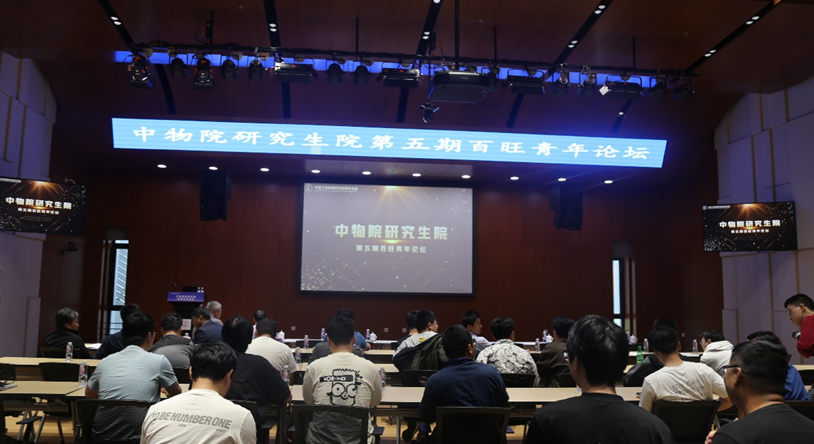
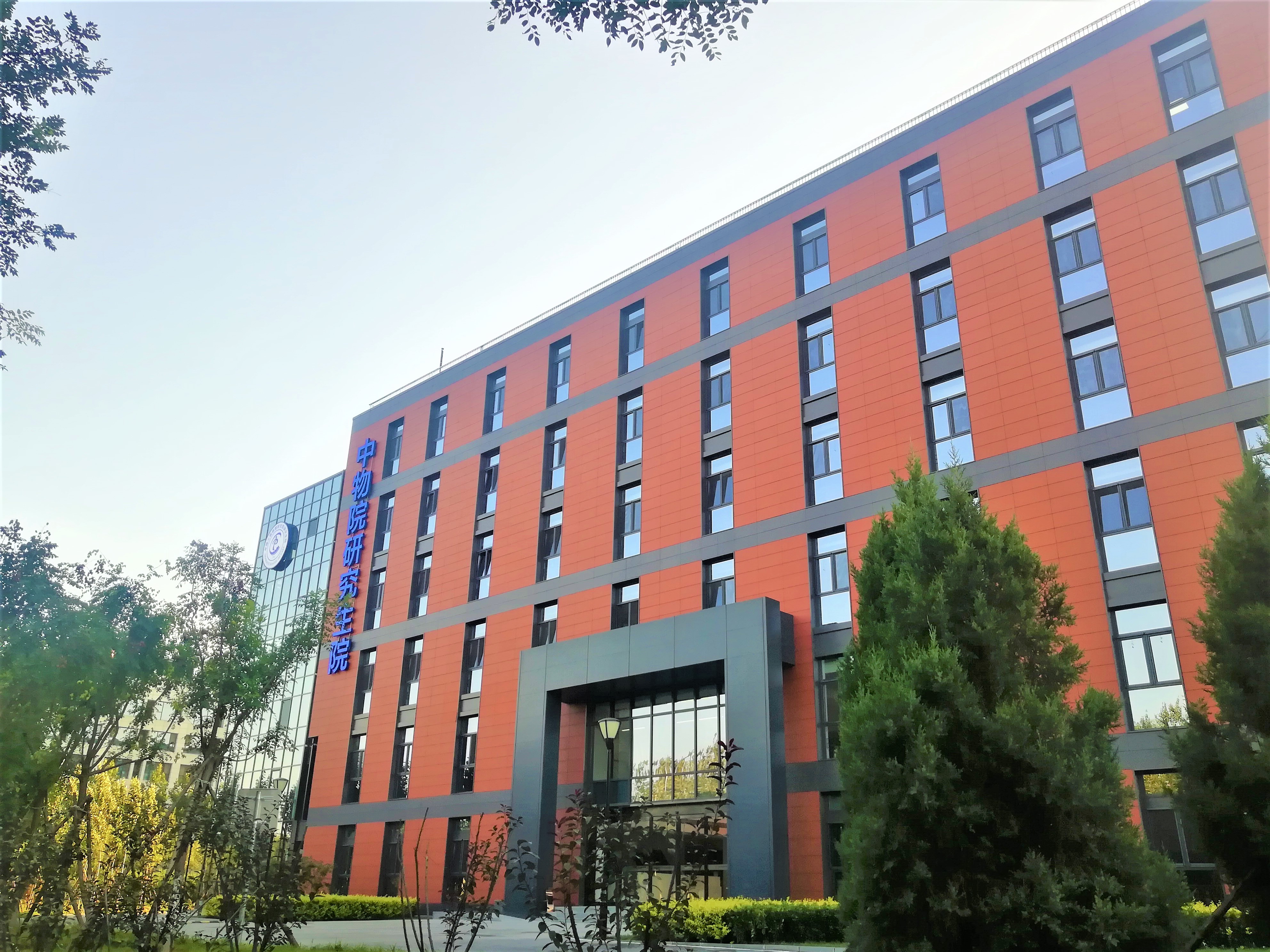
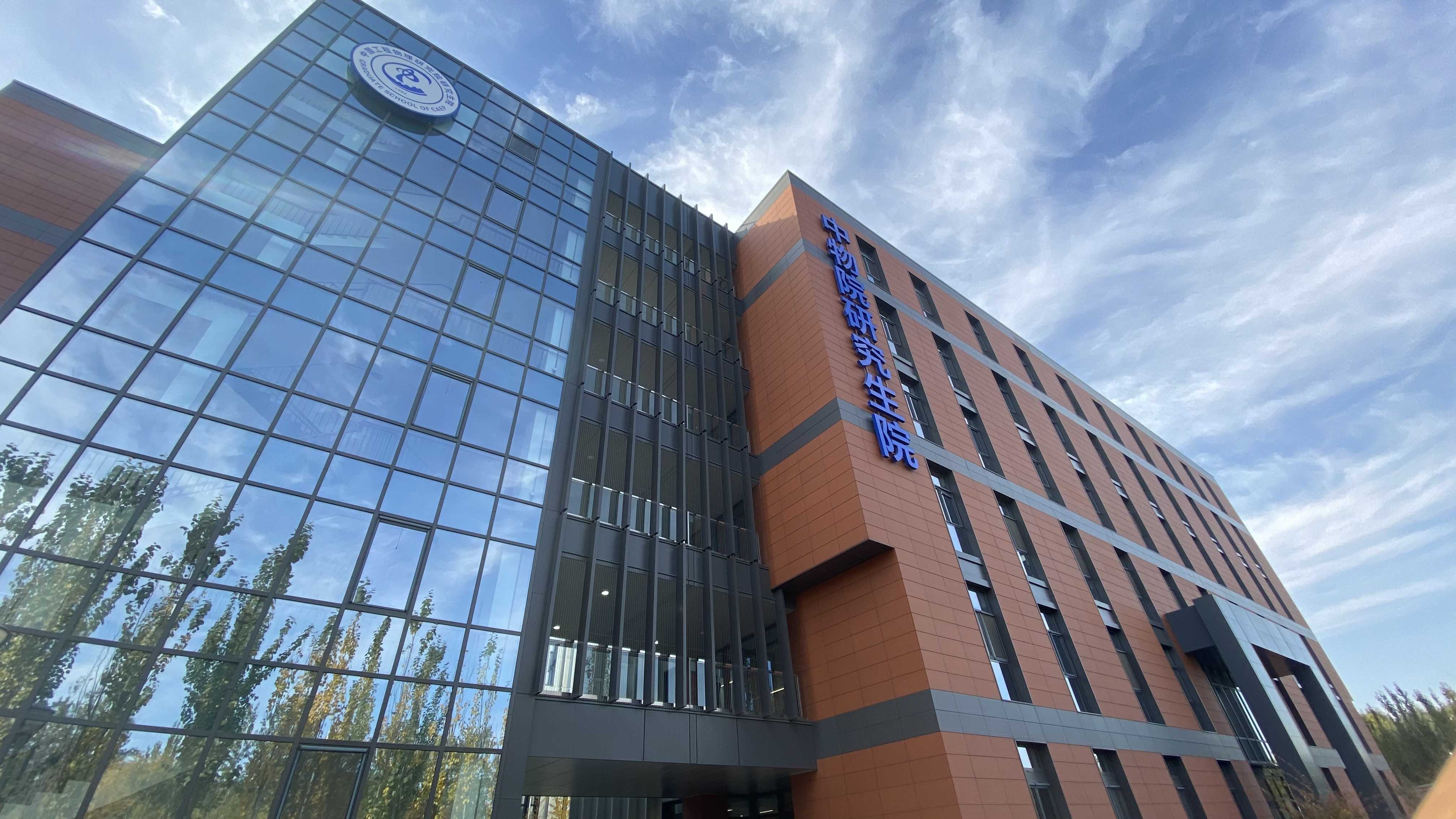
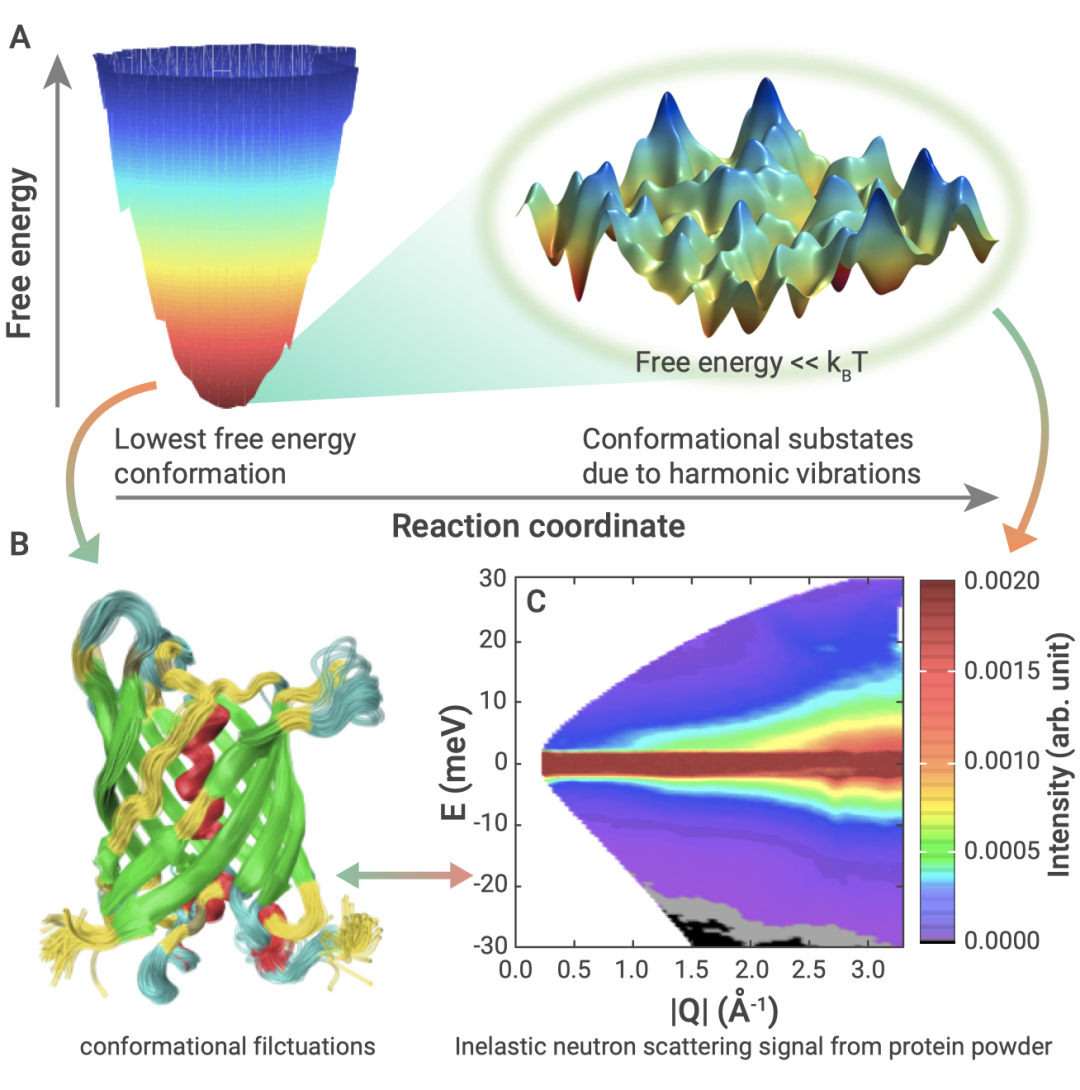

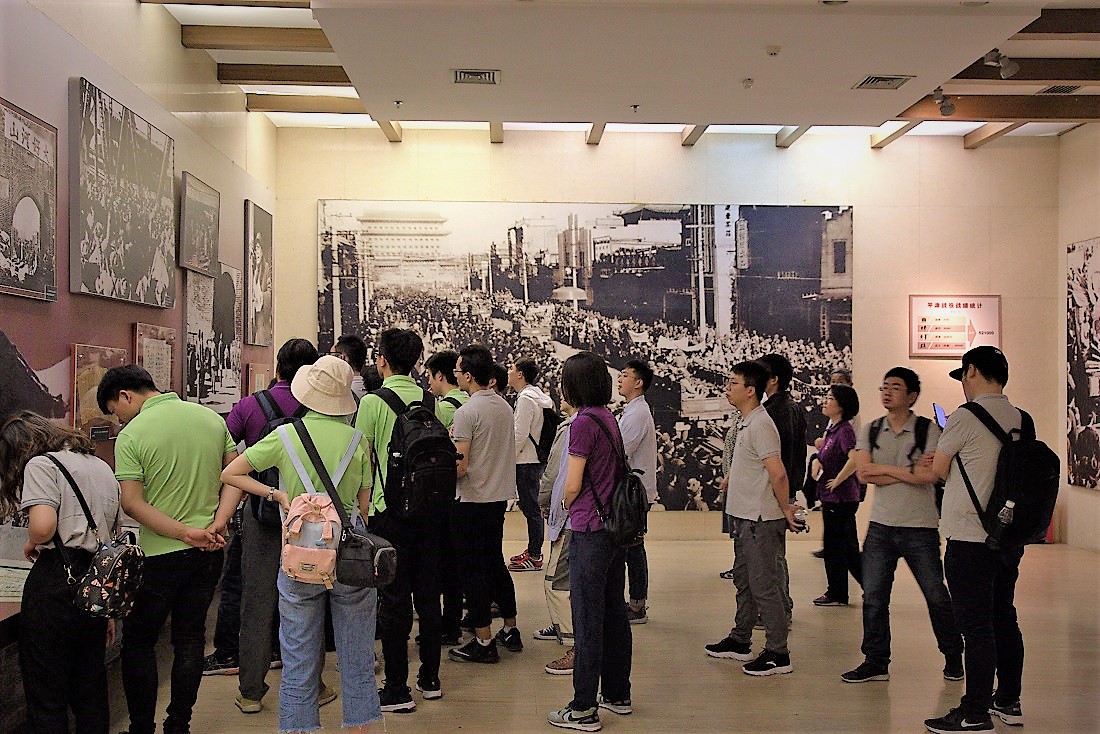









Graduate School of the China Academy of Engineering Physics (GSCAEP) Successfully Held 5th Baiwang Youth Forum: Focusing on Frontier Interdisciplinarity, Empowering Young Talent
On the afternoon of May 23, 2025, the Graduate School of the China Academy of Engineering Physics (GSCAEP) successfully hosted the 5th Baiwang Youth Forum. The event aimed to foster a vibrant academic atmosphere, promote deep exchanges and collaboration among young scholars both inside and outside the Academy, and advance cross-disciplinary integration and collaborative innovation.
The forum featured invited talks by Professors Youjin Deng from the University of Science and Technology of China and Weibin Li from Xiamen University. Nearly 100 participants, including Academician Changpu Sun from the GSCAEP, experts, scholars, and current graduate students, attended the event. The forum was chaired by Researcher Jie Liu of the GSCAEP.
At the opening ceremony, Academician Changpu Sun delivered a welcome address, expressing heartfelt thanks and warm greetings to the invited speakers and all participants. He noted that the Baiwang Youth Forum has become a high-quality academic exchange platform and a vital vehicle for fostering interdisciplinary dialogue and collaboration among young researchers. The forum not only stimulates intellectual exchange between diverse research fields but also provides a valuable opportunity for promoting interdisciplinary integration and original innovation. He encouraged all attendees to actively engage in discussions, explore cutting-edge scientific questions together, and wished the forum a successful and fruitful outcome.
Professor Youjin Deng gave a presentation titled “On Sak's Criterion for Long-range Interacting Systems.” His talk focused on the crossover between short-range and long-range behaviors—a longstanding topic in statistical physics and phase transition theory. Using large-scale Monte Carlo simulations of the two-dimensional XY model, the study found that when the interaction decay exponent σ ≤ 2, the system exhibits long-range order and clear continuous phase transition behavior. This result challenges the established “Sak Criterion,” which has long been thought to predict the crossover point between short- and long-range behaviors. The study further extended to two-dimensional percolation, Ising, and Heisenberg models, revealing consistent behavioral changes at σ = 2, offering important evidence to reassess conventional theoretical understanding.
Professor Weibin Li presented a talk titled “Nonlinear Acoustics and Its Application in Equipment Inspection,” which focused on the early detection of micro-damage and structural safety in high-end equipment. He highlighted that nonlinear acoustics—one of the few techniques capable of detecting micro-damage in materials—offers a unique advantage for monitoring the safety of major engineering systems. Addressing national strategic needs, he systematically introduced recent advances in the theory and detection technologies of nonlinear ultrasonic guided waves. Key topics included theoretical analysis of ultrasonic guided wave mixing nonlinear effects and damage identification methods, nonlinear acoustic response extraction in complex structural regions, and zero-frequency nonlinear detection techniques for strongly scattering materials.
As a key platform for academic exchange among young researchers at GSCAEP, the Baiwang Youth Forum continues to promote deep integration and interdisciplinary exploration in specialized fields, stimulating young scientists’ creativity in basic and frontier research. The forum has broadened academic horizons and provided fertile ground for original innovation and breakthrough results. This fifth session further expanded the forum’s influence and reach, demonstrating the forum’s growing academic appeal and platform value. Moving forward, the GSCAEP will continue to launch the Baiwang Youth Forum series, leveraging its high-level research and talent training systems to cultivate an open and dynamic academic environment, drive high-quality scientific development, and make solid contributions toward achieving high-level technological self-reliance and strength.
